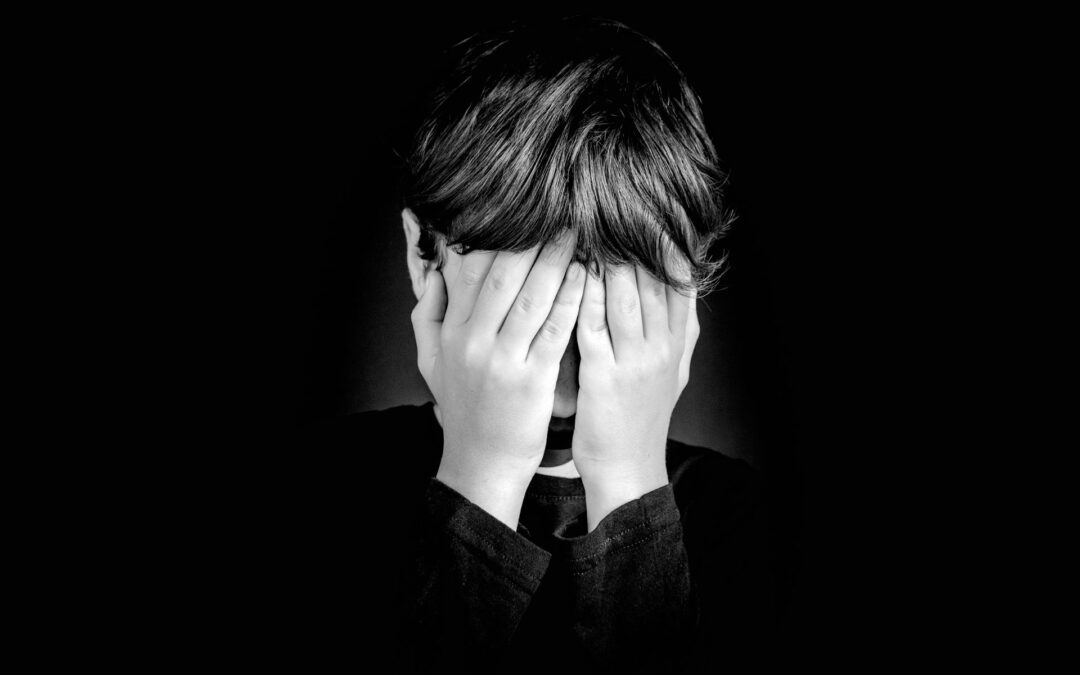CONTENT WARNING:
Please be advised, the following blog post contains material about Sexual Assault and may be upsetting or triggering for some readers. Please proceed at your own discretion.
The trauma of being sexually assaulted is a terrible experience and often transforms a person’s sense of safety, security, their worldview, causes mental health issues, and affects their relationships with others. Often times when survivors come forward to report a sexual assault, they are frequently met with more invasive and even accusatory questions rather than support and victims can often be made to feel embarrassed and ashamed. As a result, silence can be a form of survival.
There is a gross misconception that sexual assault is caused by women dressing provocatively, being under the influence, flirtatious or even promiscuous behavior, or walking alone at night just to name a few. Victim blaming is one reason for this. Victim-blaming only reinforces the idea that a woman is solely responsible for her own safety. But I’m here to tell you that the only cause of sexual assault is the person who committed the crime.
I think it’s important for all of us to be more well-informed and know the numbers, according to statistics from the RAINN website:
- Individuals ages 12-34 are at the highest risk for sexual assault.
- 82% of all juvenile victims are female. 90% of adult victims are female.
- 1 out of every 10 assault victims are male.
- 21% of LGBTQ+ college students have been sexually assaulted.
Sexual Violence Can Have Long-Term Effects on Victims and the likelihood that a person suffers suicidal or depressive thoughts increases after sexual violence.
- 94% of women who are assaulted experience symptoms of PTSD.
- 33% of women who are assaulted contemplate suicide and 13% of women who are assaulted attempt suicide.
People who have been sexually assaulted are more likely to use alcohol & substances than the general public and sexual violence can also affect a victims’ relationships with their family, friends, and co-workers.
- 38% of victims of sexual violence experience work or school problems.
- 37% experience family/friend problems, including getting into arguments more frequently than before, not feeling able to trust their family/friends, or not feeling as close to them as before the crime.
So what are some of the warning signs that you may be experiencing residual mental health symptoms, such as depression, and anxiety and what do PTSD & trauma reaction symptoms look like?
Intrusive memories
- Experiencing recurrent, unwanted distressing memories of the traumatic event, or reliving the traumatic event as if it were happening again, are considered flashbacks.
- Having upsetting dreams or nightmares about the traumatic event.
- Severe emotional distress or physical reactions to something that reminds you of the traumatic event.
Avoidance behaviors:
- Do you avoid thinking or talking about the traumatic event
- Are you avoiding places, activities, or people that remind you of the traumatic event
Symptoms of negative changes in thinking and mood may include:
- Negative thoughts about yourself, other people, or the world
- Hopelessness about the future
- Memory problems, including not remembering important aspects of the traumatic event
- Difficulty maintaining close relationships
- Feeling detached from family and friends
- Lack of interest in activities you once enjoyed
- Difficulty experiencing positive emotions
- Feeling emotionally numb
Symptoms of changes in physical and emotional reactions (also called arousal symptoms) may include:
- Being easily startled or frightened
- Always being on guard for danger
- Self-destructive or risky behavior, such as drinking too much or driving too fast
- Trouble sleeping
- Trouble concentrating
- Irritability, angry outbursts, or aggressive behavior
- Overwhelming guilt or shame
If you are experiencing these symptoms, or new or worsening symptoms of depression, anxiety, or an increase in alcohol or substance use after a traumatic event, we’re here for you.
YOU DESERVE HELP AND HEALING. It’s no easy task to reach out for help soon after you experience sexual assault. If you or someone you know has been the victim of sexual assault, sexual abuse, or sexual harassment, please ask for help, reach out to local law enforcement, seek medical attention as soon as possible, call a trusted loved one for support and to help you navigate the system, reach out to a counselor for mental health services, visit the website below for resources or call the National Sexual Assault Hotline 1.800.656.HOPE (4673).
https://www.rainn.org/national-resources-sexual-assault-survivors-and-their-loved-ones
